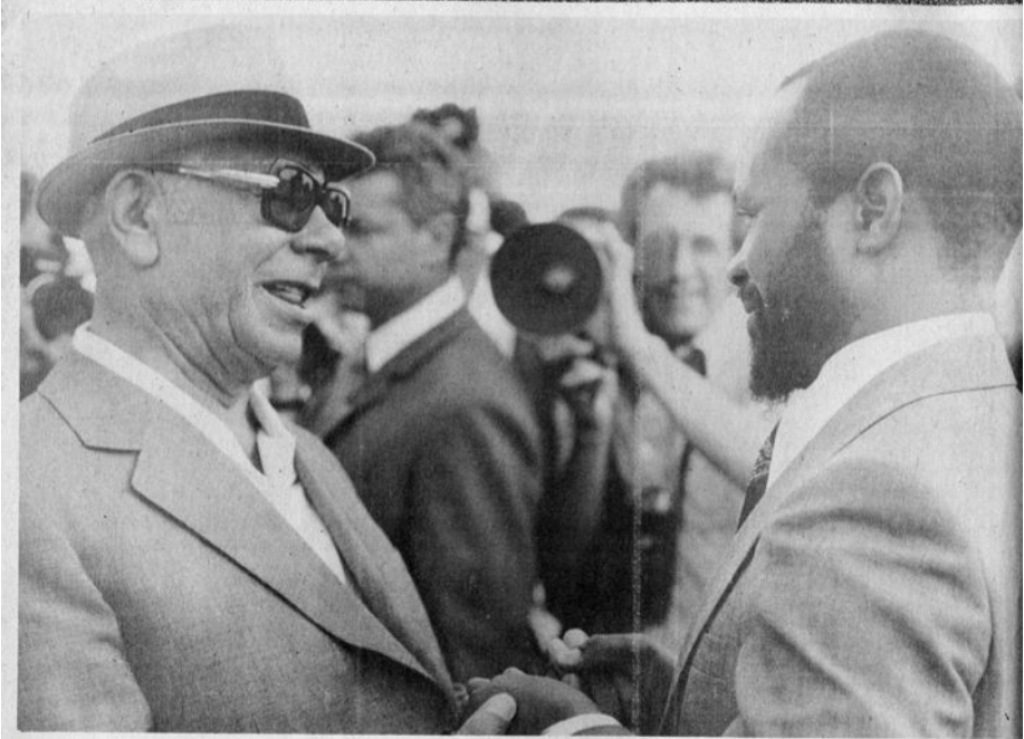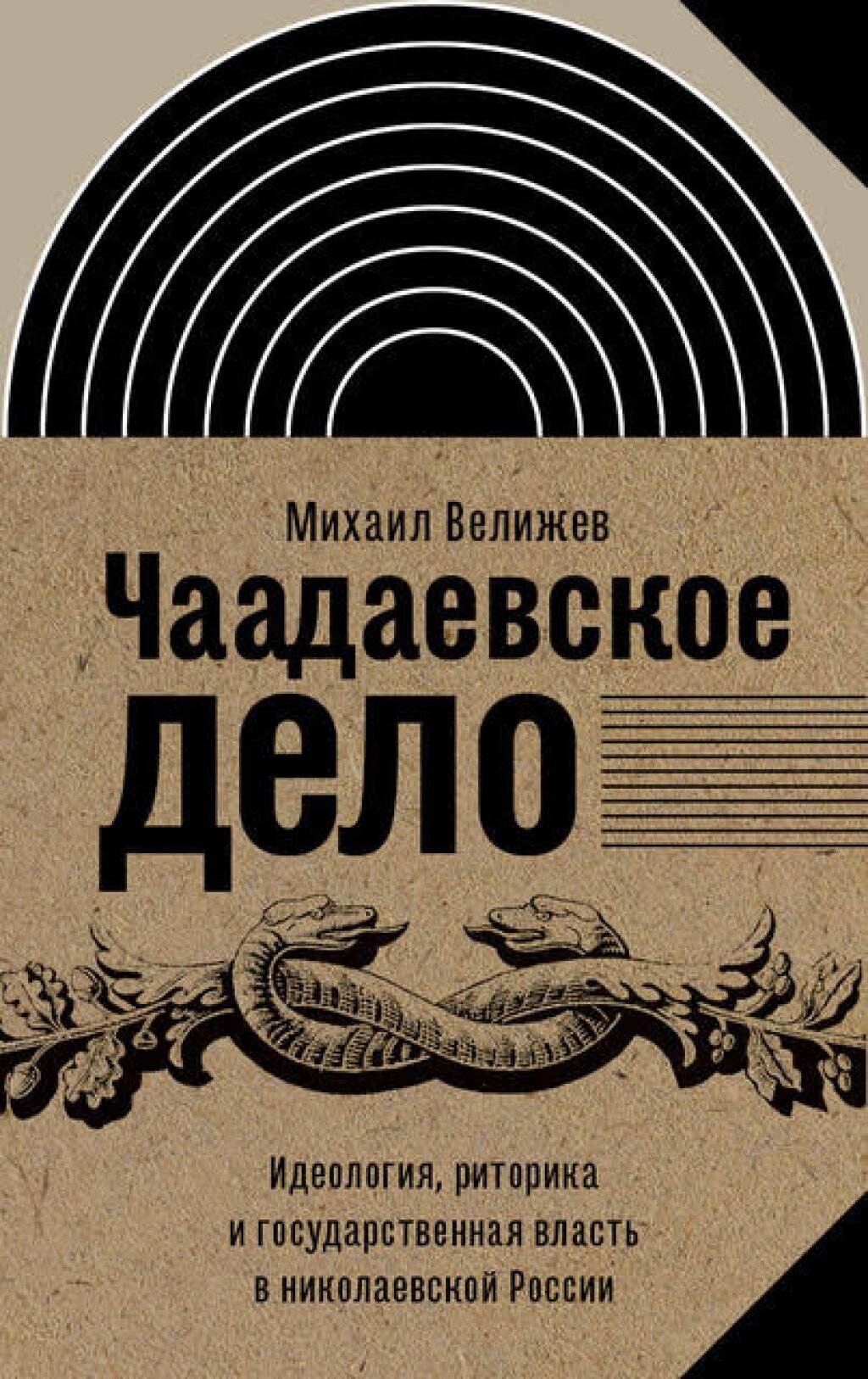Please join us on Friday, April 12th for, “Socialist Internationalism between the Soviet Union and Mozambique”, a workshop by Betty Banks, New York University. This event is part of the Colloquium Series, sponsored by the NYU Jordan Center for the Advanced Study of Russia.
In the second half of the twentieth century, two-thirds of newly independent African states adopted socialist politics after the end of empire. In response dozens of Soviet institutions provided aid, political support and technical expertise to these emergent regimes under the banner of internationalism. The Soviet relationship with Mozambique – which adopted Marxism-Leninism in 1977 – represents a much broader phenomenon. Observers at the time and since have seen internationalism as a cover for Soviet influence overseas; this research by contrast examines these relationships in the context of independence-era African politics, as well as their significance for Soviet life.
Drawing on sixteen months of archival and oral history research in Russia and Mozambique, the work explores interlocking policies that bridged diplomacy, trade, culture and social life. The research reveals continuity of Soviet engagement with Africa and the enduring popularity of Soviet-style socialism right through the 1980s and demonstrates how the two allies exploited the same project of international socialism in service of ultimately incompatible national goals.
Mozambican political actors expected global connections to provide for their security and development in concrete ways, such as literacy education, loan forgiveness or increased oil supplies. Conversely, Soviet officials paid little attention to Mozambican wishes or the usual metrics of national development, profit or geopolitical strategy. They focused instead on the markers of success that had always mattered most in the Soviet context: public visibility and mass participation. Each side pursued these divergent goals through varied and unexpected terrain – women’s organizations, a fishing cooperative, the Olympics, rock concerts, oil sales, military aid, state treaties – producing tensions as well as affinities, national development as well as personal gain. Yet their conflicting approaches shared a common outcome: internationalist practices generated state power that endured even as socialism disappeared.
Betty Banks is an advanced PhD candidate in the History Department at NYU, and will graduate in summer 2019. She is currently co-editing a special issue of Comparative Studies of South Africa, Africa and the Middle East that examines Soviet-African interactions. This is issue which will include her article "Sewing Machines for Socialism?: Development Aid and Political Difference between the Soviet and Mozambican Women’s Committees 1972-89.” Her broader research interests include gender history, transnational history, media and the Cold War.
Image: "Mozambican President Samora Machel welcomes Nikolai Podgornyi to Mozambique, 1977". Source reference of Tempo, 10th April 1977, p6.



